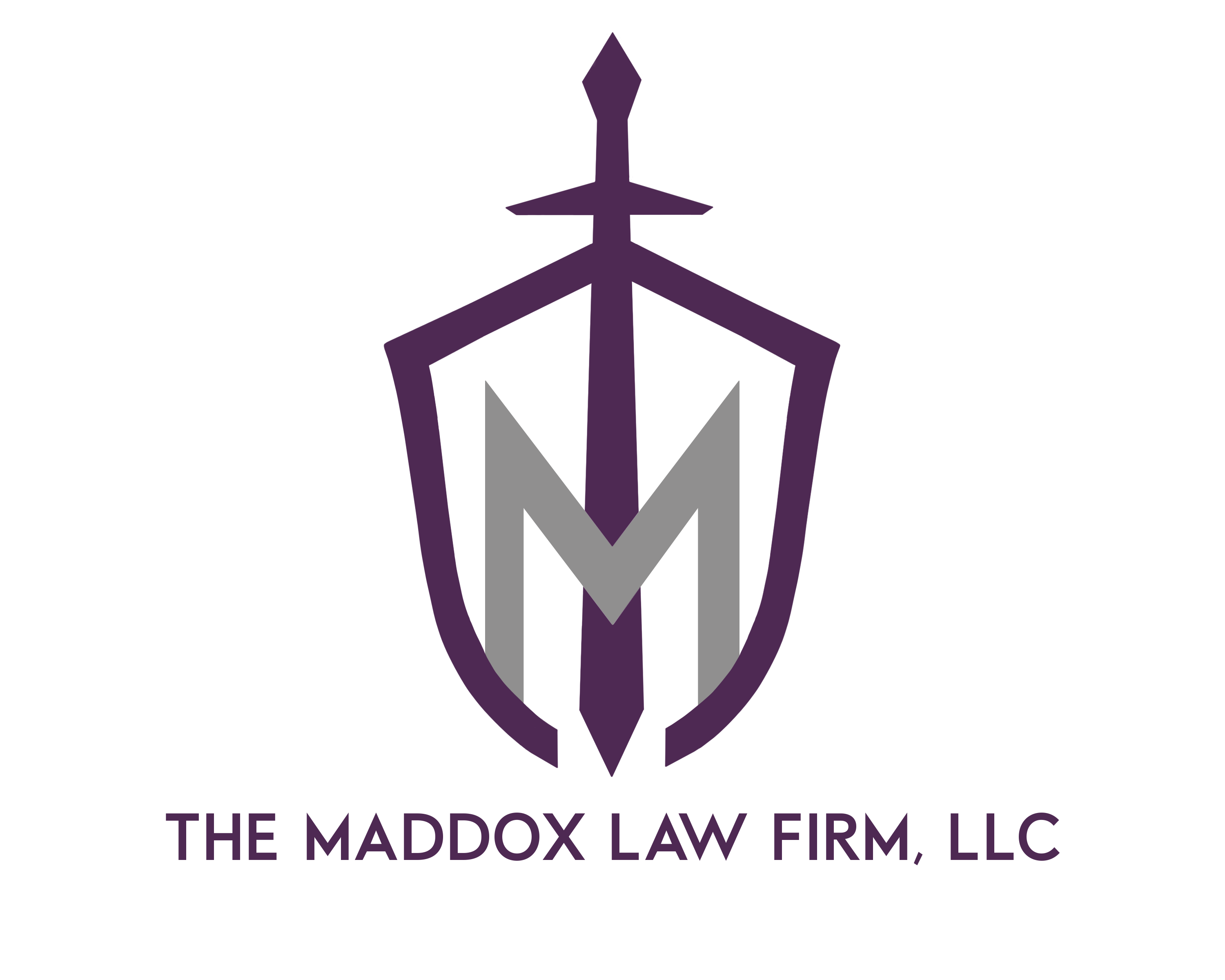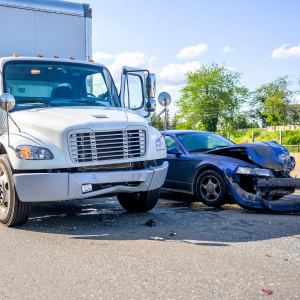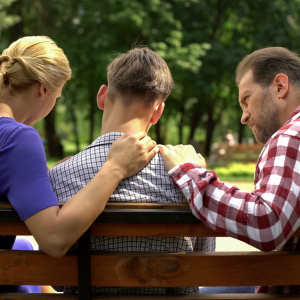Connecticut is in the middle of a resurgence in justice and social policy initiatives . A welcome example of this brighter era is what is taking place at Connecticut Board of Pardons and Parole.
Board of Pardons and Parole
This Connecticut agency has two primary responsibilities. The first is balancing the goals of public safety with facilitating people’s reentry into our communities.
According to the Board’s Chairperson, Carlton J. Giles, the second responsibility is as follows: “The Board is also called upon to decide which offenders deserve to be legally forgiven for their past actions based on their demonstrated, successful re-engagement with their communities.”
The Board of Pardons used to meet at most twice per year. It is now meeting as often as 9 times per year in order to hear and decide upon applications. Although it can still be a long process from the preparation of an application to obtaining a decision, the chances of success for a well-prepared application is greater now than it has been in many years.
Burdens on Convicted
The State of Connecticut and the Board of Pardons has become actively mindful of the burdens that criminal convictions place upon people who are otherwise able and motivated to be productive. Jobs are often denied without any thought when a conviction is found in a background check. Housing and financial applications are denied.
A pardon applicant cannot be on probation or parole at the time of the application. However, for someone with a felony conviction that is at least five years old, who can demonstrate a positive history since completing his or her penalty, and has had no other violations, an application for a pardon may be a worthwhile undertaking. Similarly, if a person has a misdemeanor that is at least three years old, an application to the Board of Pardons may also make sense.
Apart from a complete pardon, the Board of Pardons and Paroles is also authorized to grant a Certificate of Employability. This “Certificate is meant to provide individuals convicted of crime(s) relief from barriers or forfeitures to employment, or the issuance of licenses.”
****
As a criminal defense lawyer I see this as an impressive time for objective thinking about the social costs of criminal convictions for motivated, hard-working people. I’m encouraged to see a focused Board of Pardons doing its work with foresight and community-mindedness.
I would welcome the chance to discuss pardon opportunities with our clients, their family, friends and associates.




